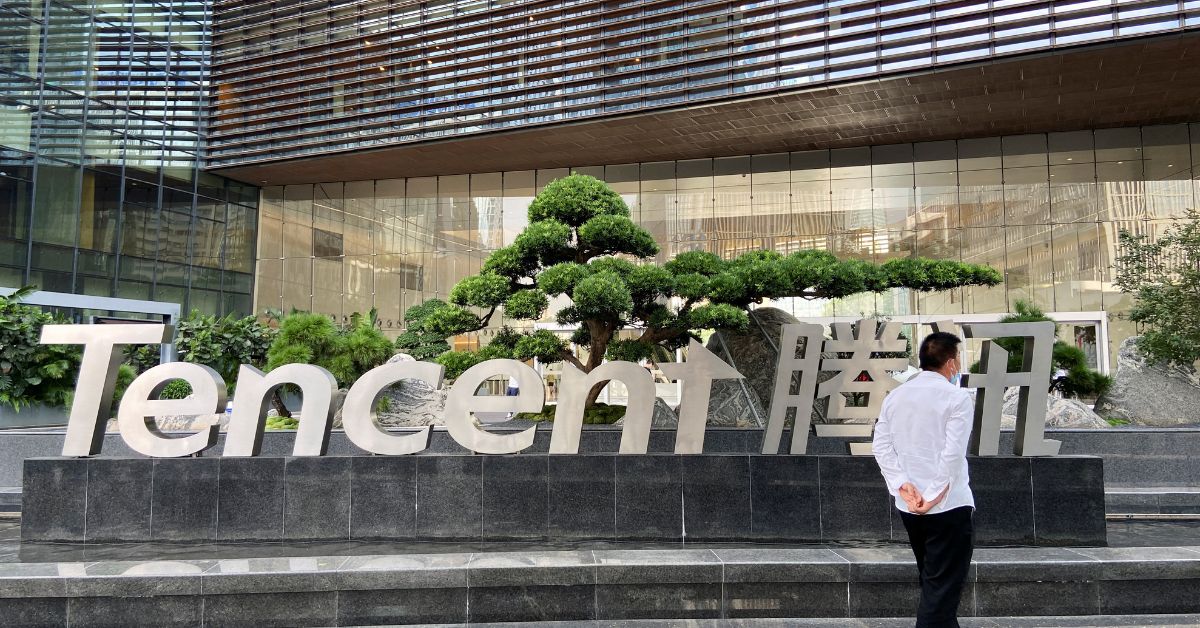Shares of Chinese tech giants Alibaba Group (9988. HK) and Tencent (0700. HK), as well as chipmakers, fell on Monday after the U.S. cracked down on China’s chipmaking industry again to stop Beijing from making technological and military advances.
On Friday, the Biden administration released a wide range of export controls, including a plan to stop China from getting specific semiconductor chips made worldwide with U.S. equipment.
The rules include stopping the shipping of a wide range of chips that China uses in supercomputers that are used by countries all over the world to make nuclear weapons and other military technologies.
Some experts in the field say that the ban could also affect the commercial data centers of China’s biggest tech companies. By 2:58 GMT on Monday, Alibaba shares were down 3.3%, and Tencent shares were down 1.7%.
We have both you some other news that you may also like:
- The Biden Administration Makes Rules That Restrict China’s Access To Microchip Technology
- With Sweeping New Export Rules, The U.S Wants To Hurt China’s Chip Industry
The.CSIH30184 index of China’s semiconductor companies fell by almost 6%.STAR50 index of Shanghai’s tech-focused STAR Market fell by 3.6%.

The package of measures might amount to the most significant shift in policy that the United States has made regarding selling technology to China since the 1990s. If they are successful, they could cripple China’s chip manufacturing industry by compelling American and foreign companies that use U.S. technology to stop supporting some of China’s most innovative factories and chip designers. This would be the equivalent of cutting off support from the United States.
China’s Semiconductor Manufacturing International Corp (SMIC) (0981. HK) saw its share price decrease by 3.8%, and NAURA Technology Group Co (002371. SZ) saw its share price decrease by 10% by the daily limit. Hua Hong Semiconductor Ltd (1347. HK) saw its share price decrease by 9.5%.
Analysts from Citi stated that the limits imposed by the United States could make it significantly more difficult for China to develop its sophisticated chip technologies.
“(But) they should encourage the tendency of Chinese semiconductor companies to purchase domestic equipment,” the letter stated. “This is especially important for established technological nodes due to the security of the supply chain.”
Visit our home page Journalistpr.com again for more information like this.

Leave a Reply